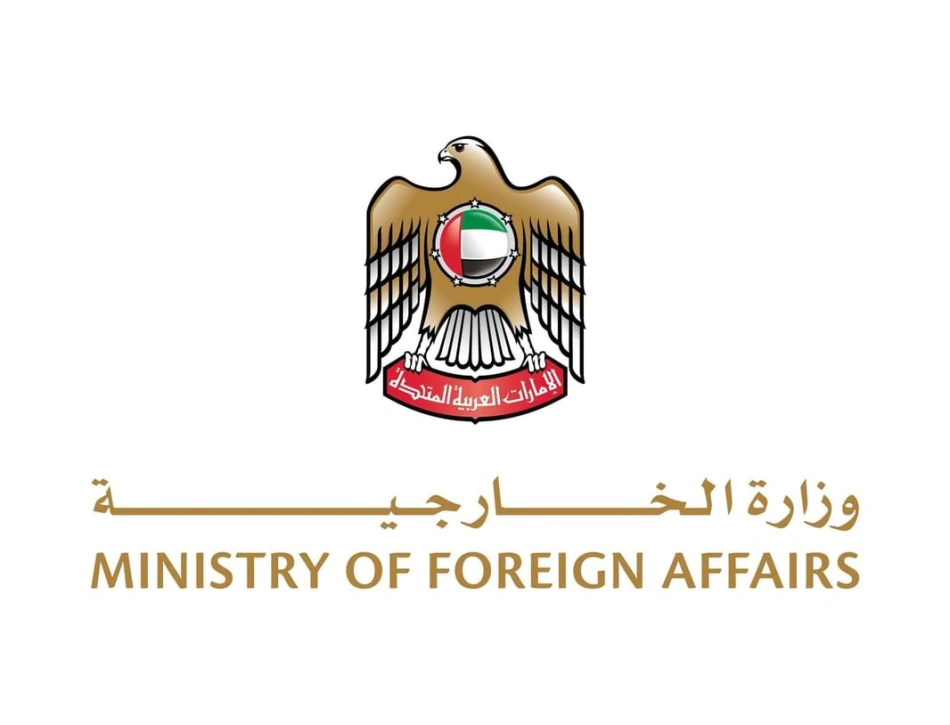
UAE and Cyprus Issue Joint Statement on Humanitarian Aid Delivery to Gaza Civilians (Amaltheia)
UAE and Cyprus Expand Gaza Aid Operations Through Strategic Maritime Corridor
The United Arab Emirates and Cyprus have significantly scaled up their humanitarian response to Gaza's crisis, delivering 1,200 tons of critical aid through the Amalthea maritime corridor—a strategic initiative that highlights the growing role of regional partnerships in addressing complex humanitarian emergencies when traditional diplomatic channels remain stalled.
The Amalthea Initiative: A Model for Crisis Response
Launched in March 2024, the Amalthea maritime corridor represents more than just another aid delivery mechanism. Operating from Cyprus to Gaza via Ashdod port, this initiative demonstrates how middle powers can leverage geographic advantages and diplomatic flexibility to create practical solutions during international gridlock.
The corridor operates under UN Security Council Resolution 2720, which mandates facilitation, monitoring, and verification of aid flows. This legal framework provides legitimacy while the operational partnership between the UN Office for Project Services (UNOPS) and World Central Kitchen (WCK) ensures professional humanitarian standards.
Strategic Geographic Advantage
Cyprus's location—just 240 kilometers from the Gaza coast—makes it an ideal staging point for maritime operations. Unlike overland routes that face security complications or airdrops with limited capacity, the sea route offers sustained, high-volume delivery potential that could reshape how aid reaches besieged populations.
Beyond Emergency Relief: Building Sustainable Systems
The current shipment focuses on essential food supplies, particularly items for children and wheat flour—basic necessities that address immediate survival needs among Gaza's most vulnerable populations. However, the initiative's broader significance lies in its systematic approach to sustained humanitarian access.
The UAE's financial backing through the Amalthea Fund creates a replicable model where Gulf capital, European logistics expertise, and international legal frameworks combine to bypass traditional diplomatic bottlenecks. This approach mirrors successful humanitarian innovations seen in other crisis zones, from the Berlin Airlift to modern-day Syrian aid operations.
Regional Implications and Precedent Setting
This UAE-Cyprus partnership reflects a broader trend of humanitarian pragmatism in Middle Eastern diplomacy. Rather than waiting for comprehensive political solutions, both countries are creating facts on the ground that could influence future peace processes and regional stability.
Comparative Context
Similar initiatives have proven transformative in other contexts. The UAE's humanitarian operations in Yemen, despite ongoing conflict, have maintained critical infrastructure and civilian support. Cyprus previously served as an evacuation hub during the 2006 Lebanon conflict, demonstrating its capacity for crisis management.
The maritime approach also recalls successful precedents like the Gaza Freedom Flotilla concept, but with crucial differences: international legal backing, professional humanitarian operators, and coordination with relevant authorities rather than confrontational activism.
Long-term Strategic Calculations
For the UAE, this initiative reinforces its positioning as a responsible regional power committed to humanitarian leadership—a reputation that enhances its global diplomatic standing and economic partnerships. The country's significant financial contribution signals sustained commitment beyond symbolic gestures.
Cyprus gains strategic relevance as a Mediterranean humanitarian hub, potentially attracting international organizations and aid logistics operations that could boost its economy and regional influence. The island nation's EU membership provides additional legitimacy and coordination opportunities.
Both countries recognize that effective humanitarian action today creates political capital and operational experience valuable for future regional crises. As climate change and geopolitical tensions increase humanitarian needs globally, the Amalthea model could become a template for rapid, sustained crisis response.
Most Viewed News

 Sara Khaled
Sara Khaled






